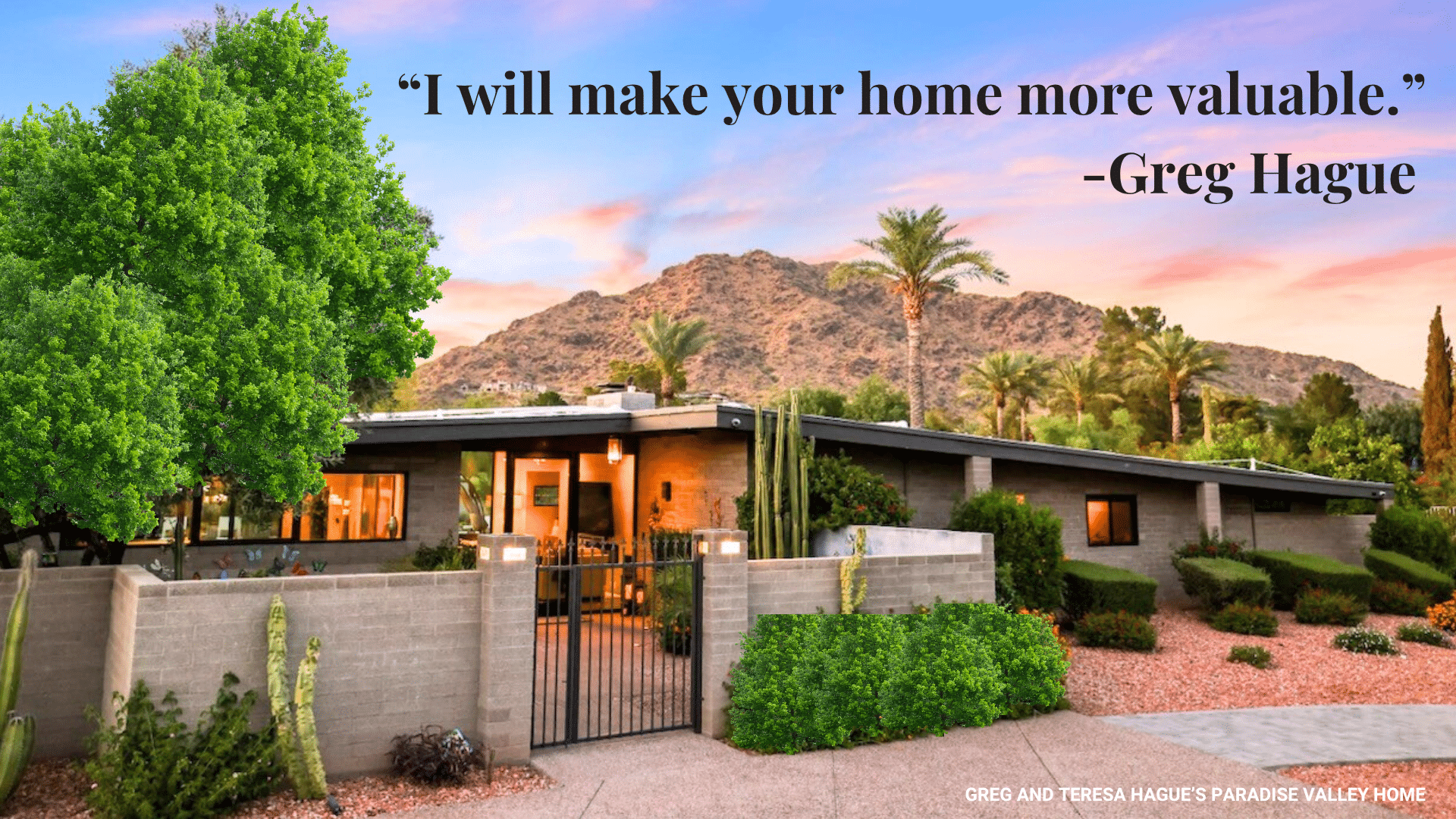While having lunch with a friend last week, I asked how his short-term rental business was going. The story he told was of a double-edged sword; the profits were flowing, but his conscience was struggling.
Airbnb is no doubt an innovative platform that has revolutionized the way we travel and opened new avenues for homeowners to earn extra income. But with every revolution comes unintended consequences.
As Airbnb’s popularity has taken off since 2008, so did the number of professional hosts who manage multiple properties as a business. This shift has contributed to the commodification of residential spaces, turning quiet neighborhoods into disruptive transient zones.
In the words of the legendary Paul Harvey, “…And now, the rest of the story,” as told by my friend, the reluctant investor.
“The sheets were the last straw.”
BEAUTIFUL HOUSE, UGLY GUESTS
First, it started when I was reviewing my financials. I wanted to know why we had such high costs every month dedicated to replacing linens. After seeing the photos provided by the cleaning team, I started to understand.
But it didn’t stop with the sheets andtowels and the borderline unspeakable ruin they were often left in. In truth, some guests were a living nightmare. They are there to party and often don’t care at what expense. They’ve broken beds, trashed the turf with confetti, smashed overhead lights, and created all sorts of noise and neighborhood disturbances.
The idea that your guests will treat your home the same way you would has woken me up to a world of degenerate behavior I never imagined. My faith in humanity shrinks a little with every checkout.
NIGHTTIME NOISE-TRASH OVERFLOWING
Then it was the neighbors. As I stood in the backyard of one of my properties, one neighbor looked over her fence and unleashed a tirade of complaints upon me. She accused me of devaluing her property and her overall quality of life. She wanted to move but worried her property might not sell once potential buyers discovered the proximity to a short-term rental.
Her complaints were not unfounded. I have a nonstop stream of issues that I see my property manager addressing. Nighttime noise disturbances, trash overflowing in a shared dumpster, speeding through the neighborhood…in truth, I didn’t blame her. I wouldn’t want to live next to my investment either.
GO AHEAD AND TAX ME
One particularly rowdy group of guests was breaking every house rule one night, from loud music to a revolving door of people coming and going. My property manager followed the correct protocol: notify Airbnb, cancel their stay, and call the cops. But when the police arrived in the middle of the night, they said there was nothing they could do and would not remove the unruly guests from the property.
This story is not a unique one. It happens all the time.
Many people in the industry complainabout regulations around rental properties. I would welcome them. In a perfect world, hosts would pay a tax earmarked for funding a local enforcement division dedicated to addressing these issues in our community. It would be the cost of doing business and a price I’d happily pay.
THE SHORT-TERM DILEMMA
The financial incentives of owning an Airbnb property are undeniably attractive. Find me any other investment that yields 20% returns every year. The average return of the stock market will earn you anywhere from 8–12%, if you’re stoic enough to ride the highs and lows for years. With a short-term rental, you not only have a cash flowing business, but you’ve acquired a depreciation opportunity and (if you bought right) an appreciating asset to sell in the future.
What’s the catch? Apparently, you have to abandon your moral compass in order to operate this business.
I still love the concept of the short-termrental industry and I’ll still prefer to stay in an Airbnb when I travel. The considerable profits are keeping me engaged in my investment. But the strained relationships with neighbors and the erosion of the traditional fabric of communities are coming at the cost of my moral obligation to be a good neighbor. It’s not a price I’m sure I still want to pay.
Like most things in life there is a tradeoff. In the case of short-term rentals, it appears to be your profit versus your conscience.












